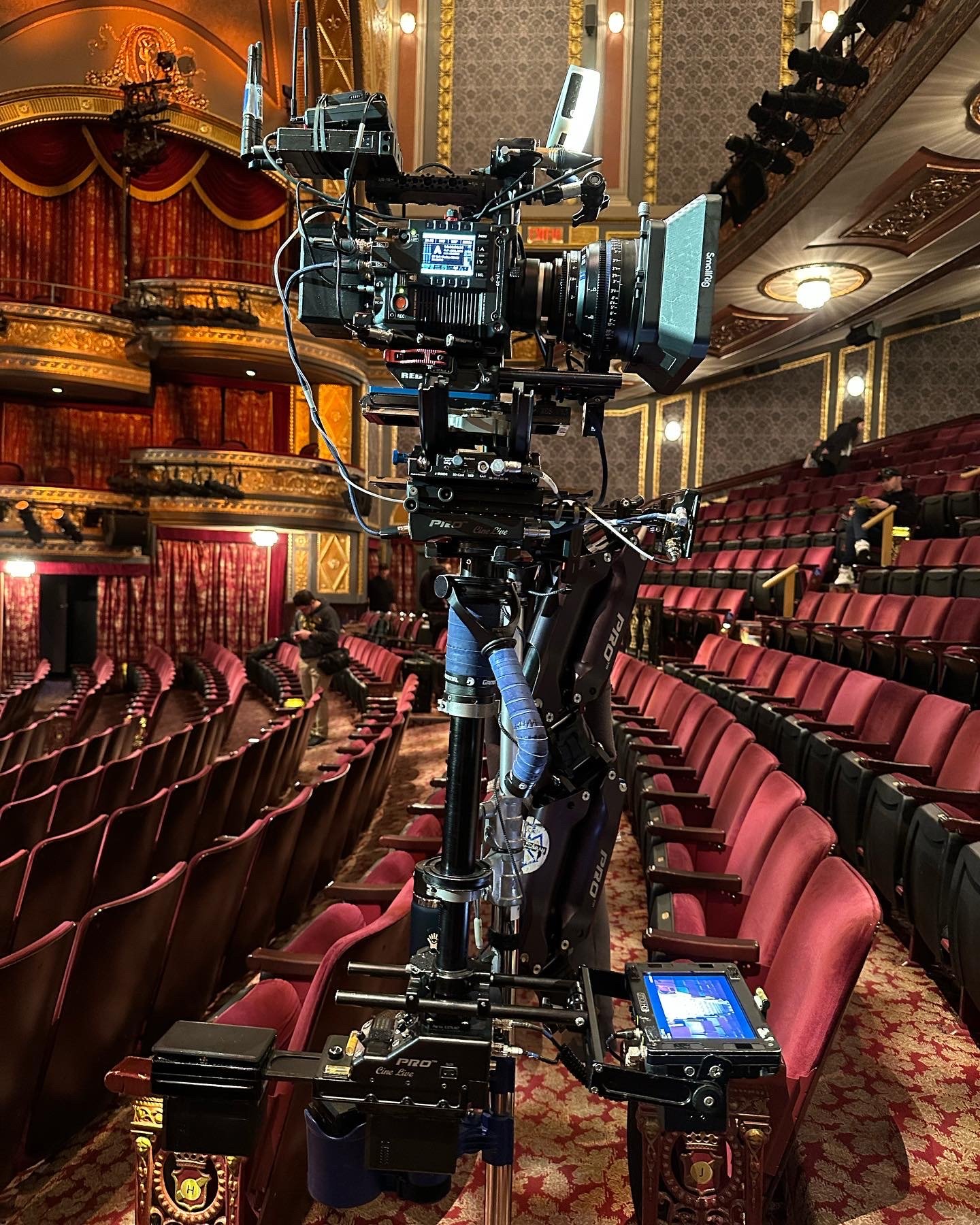Keeps getting harder for me to not want a 3D printer.
But honestly the odd project like this is all if use it for. Would be another expensive space hog most of the time.
It’s becoming increasingly common for community spaces like public libraries to provide access to 3d printers, which is an awesome way to play around with the tech without full investment if you’re lucky enough to have something nearby.
I really agree with you on principal. I have been to the library with a 3d printer and I even took their little workshop about how to use it.
I have been hesitant to actually do so because I feel like I would go all the way there and try something, wait for ages for it to print, then realize I made one little mistake, and have to go back home, fix it, make another reservation, make another trip down… The amount of iteration I anticipate while learning to use a technology like this is substantial. Historically I have been a very “trial and error” type of person---- heavy on the error.
I have always been curious, of people who use the public-access 3d printers, how many of them started out learning in that environment? I feel that it would be quite prohibitive to learn the basics. Maybe if you had learned it previously the shared printer could be a good resource.
Anyone here done much on library or other community 3d printers as a novice, and what was your experience?
That’s why I went the way of starting with a cheap $100 3D printer at home. The fast iterating is precious to me. However, if you want to print things off a website like Printables or Thingiverse, you don’t really need iterations as the original designer (hopefully) did it already.
You can buy a small printer for cheap nowadays. And honestly the amount of things I fixed and made with my printer absolutely justify the space it takes.
Why is this useful? Is there a video demo that shows it in use and how it helps with CAD over a normal mouse?
There’s a video introduction that talks a little about it and shows a bit of usage.
The canonical proprietary version of this is the SpaceMouse.
These are used in concert with a traditional mouse, with the 3d mouse being used for navigation of the 3d space. They have six degrees of freedom (as in, you can rotate in any axis or you can push it in any axis) so you can rotate and you can pan any which way with full control.
If you’ve ever gotten frustrated in a 3d program trying to figure out the correct sequence of rotations to get to your preferred view, that’s the use case the 3d mouse addresses.
Here is an alternative Piped link(s):
Piped is a privacy-respecting open-source alternative frontend to YouTube.
I’m open-source; check me out at GitHub.
I was looking at 3d Mousa alternatives a couple weeks back and see this one. This is definitely a super cool idea vs the “standerd” 3d mouse of encoder + joystick + hall sensor.






